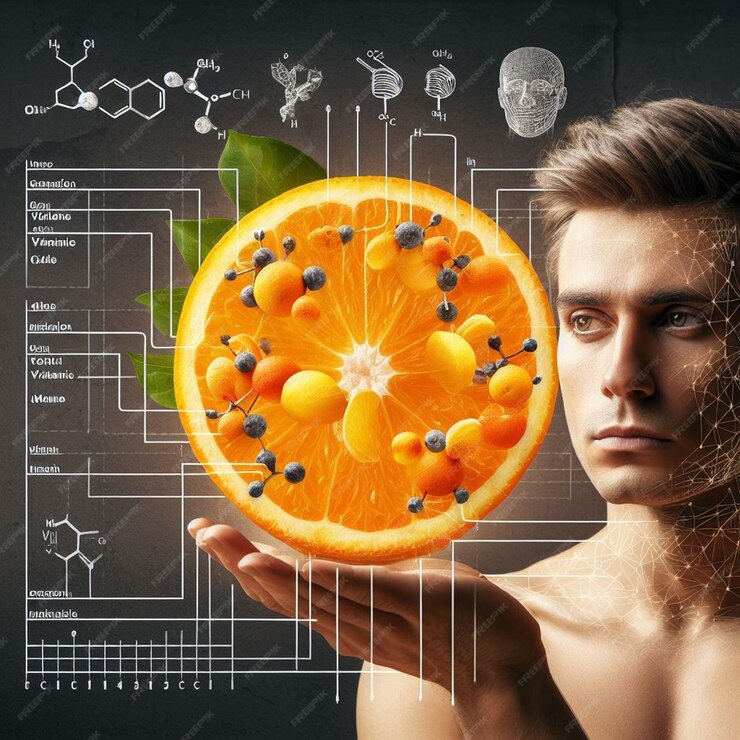Collagen is often hailed as a vital protein that supports various aspects of our health and well-being. It’s a crucial component in our bodies, found in skin, bones, muscles, and connective tissues. But did you know that there are multi collagen, each with specific roles and benefits? In this blog, we’ll explore the various types of collagen and how they contribute to overall health, highlighting their importance and the ways they help our bodies function optimally.
What is Collagen?
Collagen is the most abundant protein in the human body, making up about 30% of our total protein content. It acts as a structural scaffold, providing strength and elasticity to tissues and organs. Collagen fibers are composed of amino acids, primarily glycine, proline, and hydroxyproline, which are organized into a triple helix structure that gives collagen its strength and resilience.
The Different Types of Collagen and Their FunctionsType I Collagen: The Structural Support
Type I Collagen is the most abundant type in the human body, constituting about 90% of the collagen found in connective tissues. This type of collagen is predominantly present in the skin, bones, tendons, and ligaments. In the skin, Type I collagen plays a crucial role in maintaining strength and elasticity, contributing to the firmness and smoothness of the skin. It helps in preventing sagging and reducing the appearance of wrinkles, thus supporting a youthful complexion. In bones, Type I collagen forms the structural framework that gives bones their strength and rigidity, helping to maintain bone density and integrity. This collagen type also contributes to the flexibility and support of tendons and ligaments, facilitating smooth joint movement and reducing the risk of injuries.
Type I Collagen is often the focus of supplements aimed at enhancing skin health and alleviating joint pain. These supplements are designed to support skin elasticity, hydration, and overall resilience.
Type II Collagen: The Cartilage Contributor
Type II Collagen is primarily found in cartilage, which is the flexible connective tissue that cushions the ends of bones in joints. This type of collagen helps maintain the elasticity and resilience of cartilage, ensuring smooth and pain-free joint movement. By supporting cartilage integrity, Type II collagen plays a significant role in reducing joint pain and stiffness, particularly in conditions like osteoarthritis. Additionally, Type II collagen is present in the vitreous body of the eye, contributing to its structural support and function.
For those experiencing joint issues or seeking to support cartilage health, supplements containing Type II collagen can be beneficial in preserving joint function and mobility.
Type III Collagen: The Elastic Support
Type III Collagen is found alongside Type I collagen in the skin and is also present in blood vessels and internal organs such as the liver and lungs. In the skin, Type III collagen contributes to elasticity and firmness, supporting the structural framework that helps maintain the skin’s youthful appearance. This type of collagen is also crucial for the strength and elasticity of blood vessel walls, ensuring proper vascular function. In internal organs, Type III collagen helps maintain their structural integrity and functionality.
Supplements and skincare products containing Type III collagen can be used to enhance skin elasticity, support cardiovascular health, and aid in overall organ function.
Type IV Collagen: The Basement Membrane Builder
Type IV Collagen plays a fundamental role in forming the basement membranes, which are thin layers of extracellular matrix that provide structural support to epithelial cells in organs and tissues. This type of collagen is essential for the filtration barriers in the kidneys and lungs, where it helps maintain their structural and functional integrity. By supporting the health of basement membranes, Type IV collagen contributes to proper organ function and overall tissue support.
Ensuring adequate levels of Type IV collagen is vital for maintaining the health of organs and tissues that rely on basement membranes for their structural support.
Type V Collagen: The Auxiliary Support
Type V Collagen is present in hair follicles, the placenta, and cell surfaces. In hair follicles, Type V collagen contributes to hair strength and health, supporting the overall structure of hair. It is also found in the placenta, where it supports fetal development. Additionally, Type V collagen plays a role in maintaining the structural integrity of cell surfaces, contributing to overall cellular function and health.
Type V collagen supplements can support hair health and contribute to the overall well-being of cellular structures.
How to Support Collagen Health
Maintaining healthy collagen levels is essential for overall well-being. One effective way to support collagen production is through a balanced diet rich in amino acids, vitamins, and minerals. Foods such as bone broth, lean meats, fish, and vitamin C-rich fruits and vegetables provide the necessary building blocks for collagen synthesis. Staying well-hydrated is also important, as it helps maintain skin moisture and elasticity, supporting collagen function.
Collagen supplements, such as hydrolyzed collagen or collagen peptides, are popular for providing the body with the necessary components to support collagen production. These supplements can help enhance skin health, support joint function, and improve overall well-being. Protecting your skin from excessive sun exposure is another way to prevent collagen breakdown and maintain skin health. Additionally, avoiding smoking, managing stress, and maintaining a balanced diet can help preserve collagen levels and support overall health.
Conclusion
Collagen is a vital protein with various types that play essential roles in maintaining the structure and function of different tissues in the body. From supporting skin elasticity and bone strength to contributing to joint health and organ integrity, each type of collagen has a unique and valuable function.
Understanding the different types of collagen and their benefits can help you make informed choices about your health and wellness. By supporting collagen production through a healthy diet, lifestyle, and supplements, you can promote overall well-being and enjoy the many benefits that this remarkable protein has to offer.







